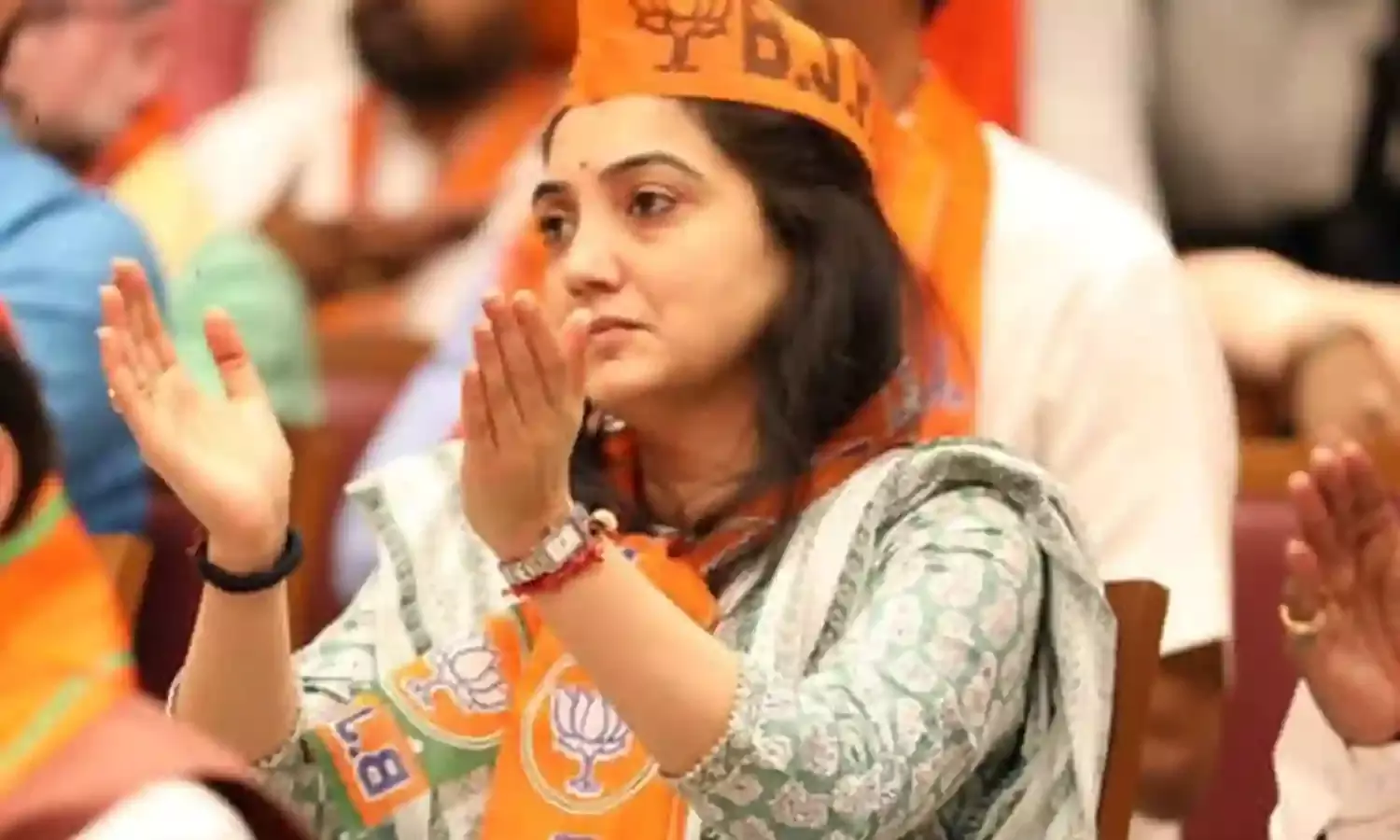Iran and Saudi Come Together to Condemn Blasphemy
BJP acts against two spokespersons

Iran and Saudi Arabia have come together in a global condemnation of the attack on Muslims and the blasphemous remarks of senior Bharatiya Janata Party functionaries against Prophet Muhammad. This coming together of two nations warring over religion is itself highly significant as it bridges gaps created by religiosity in West Asia, and brings the member nations together in a strong reaction against the developments in India.
Kuwait, Bahrain, Oman and indeed the Gulf that has been pretty hands off on struggles such as those of the Palestinian, are clearly responding to street pressure with the protests being lodged with the Indian missions, Indian goods being moved out of the supermarts, hashtags against India’s treatment of her Muslims trending, and not so veiled threats that Indians working in the region might lose their jobs. Qatar in fact canceled an official lunch being hosted for visiting Vice President of India Venkiah Naidu.
All this follows, although is unrelated to, remarks y US Secretary of State Antony Blinken expressing concern about the human rights violations in India against minorities; and a rather castigating report issued more recently by the US Commission on International Religious Freedom that has recommended that India be designated as Country of Particular Concern for such violations. New Delhi trashed the report, and took a strong stand but it seems to have capitulated before the strong response from the Gulf and now Iran to its leaders' comments against the Prophet. Two BJP spokespersons have been issued notices, and an apology of sorts has been rendered with the BJP distancing itself from the comments ten days later. (Read here)
Scores of Muslims have been arrested in India for protesting against the remarks on the Prophet. As many are pointing out on the social media, it takes a protest from the rich Muslim nations to push the Indian government into remedial action. Demands for justice and apologies from its own citizens resulted in brutal police action.
And this is where the Modi government is making a huge, and irretrievable mistake. Shortsighted policy makers are opening a Pandora’s box, the consequences of which they will not be able to control. The Indian Muslim has been peaceful, harmonious, and committed to the larger secularism enshrined in the Constitution. As an entity it has followed its religion but separated it from politics, embracing mainstream political parties over Muslim only political options that have been floated from time to time. The Partition generation of Muslims had links with their families in the newly created Pakistan, but never yearned to join that country or support its policies. Similarly in the exercise of their religion, Muslims traveled to Saudi Arabia for Hajj but had little or nothing to do with that country insofar political direction or affiliations were concerned.
In short, the Muslim Indians have always been unique – never identifying with politics outside the Indian borders. And always looking inwards politically. Pan Islam never permeated the Indian Muslims skin as they voted Left, Congress, regional whatever over the decades. Political Islam is not part of the Indian muslim ethos, and this in itself has been a subject of study by western governments through the missions here. Scholars and spies were sent to research this and understand what made the Indian Muslims tick, and why they did not empathise with the radical elements and groups outside their land. Why did the events in neigbouring Pakistan, Bangladesh, and Afghanistan leave them untouched, almost indifferent?
The continuous attack on Muslims, and now the mosques and the Prophet, has generated a storm outside. Normally the Indian Muslim would have pooh poohed this, and has done so in the past in less virulent situations. For instance resolutions by the Organisation of Islamic Cooperation have never generated resilience amongst the Muslims here, not even those on Kashmir. This is largely because their voices were being heard by successive governments, there was a sense of security that fed into the rather insular character of this Indian minority, and intervention from outside seemed totally unnecessary for those who took pride in living in the democracy.
Since 2014 this confidence has taken a nose drive. And fear and insecurity has entered Muslim homes, with the lynching, the threats, the arrests, the intimidation, the humiliation and public torture. Their voices do not make it to the corridors of power, in fact not even into the offices of the Opposition parties. In such an environment, bereft and helpless, the Muslims have nowhere to turn to, and the support from West Asia might thus appear more attractive than it really is.It is indeed an irony that the BJP that has always accused the Indian Muslims for affiliations they have rejected and refused to entertain is now playing a leading role in pushing its own citizens out mentally and emotionally. Such action cannot make India stable and secure.



